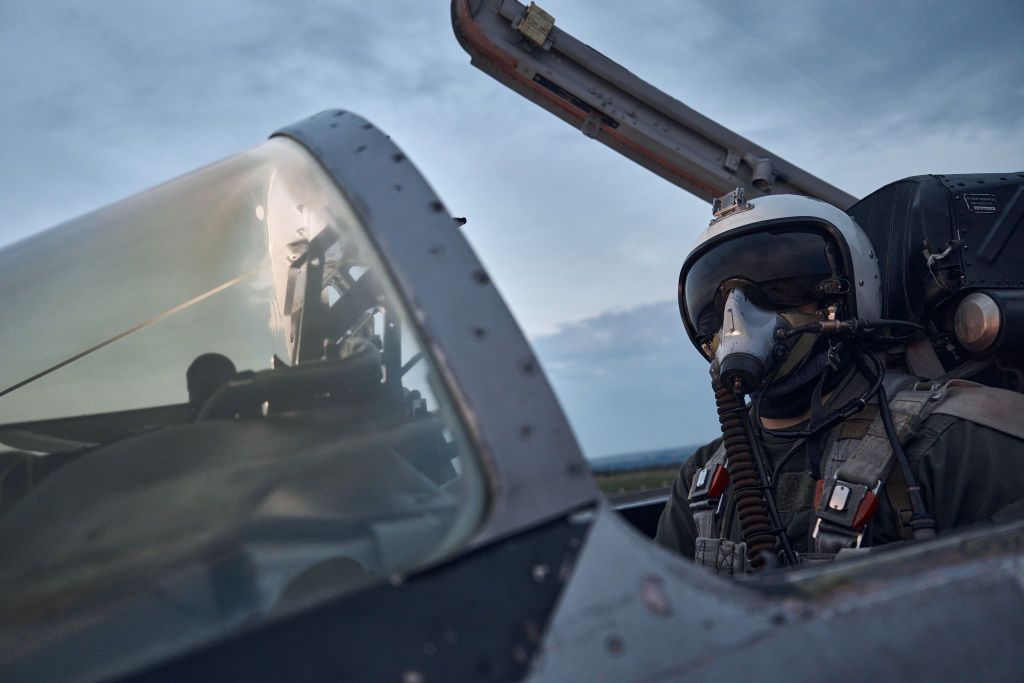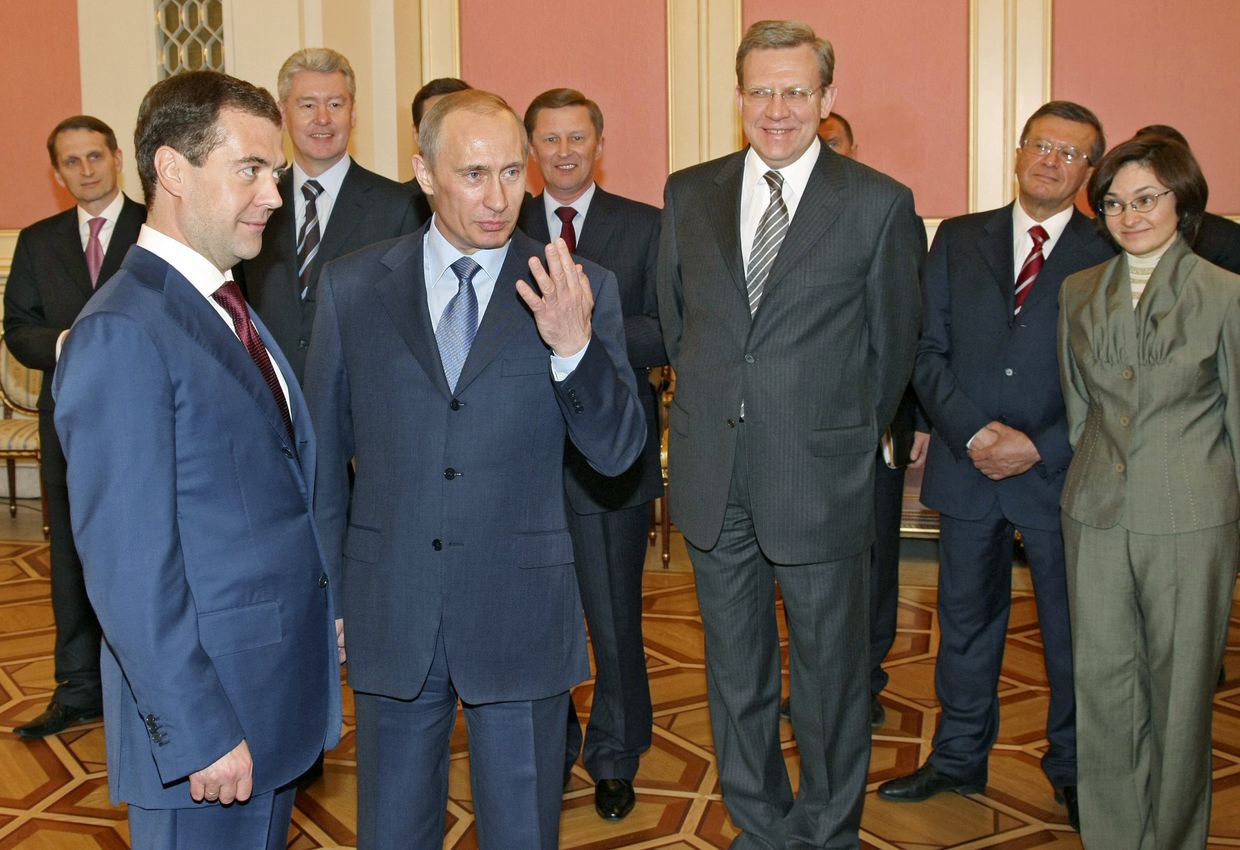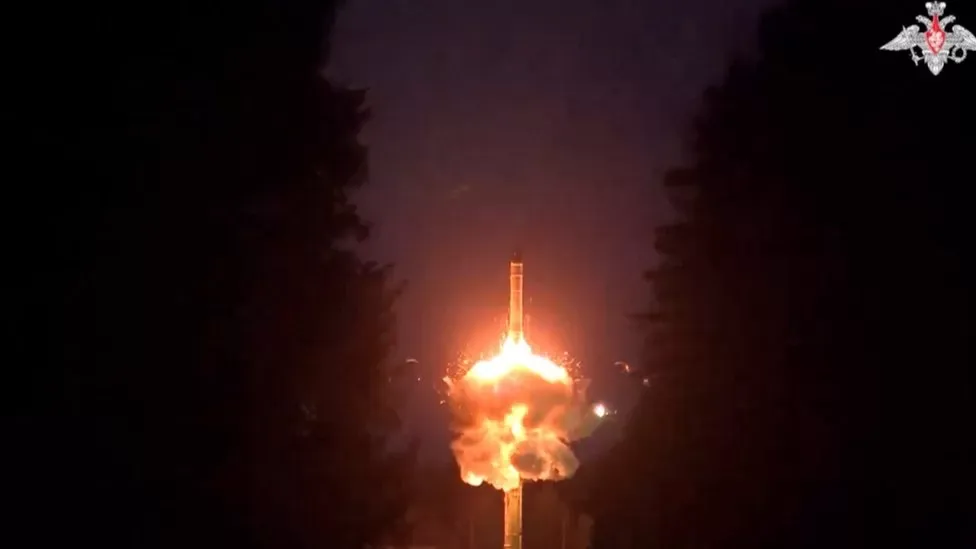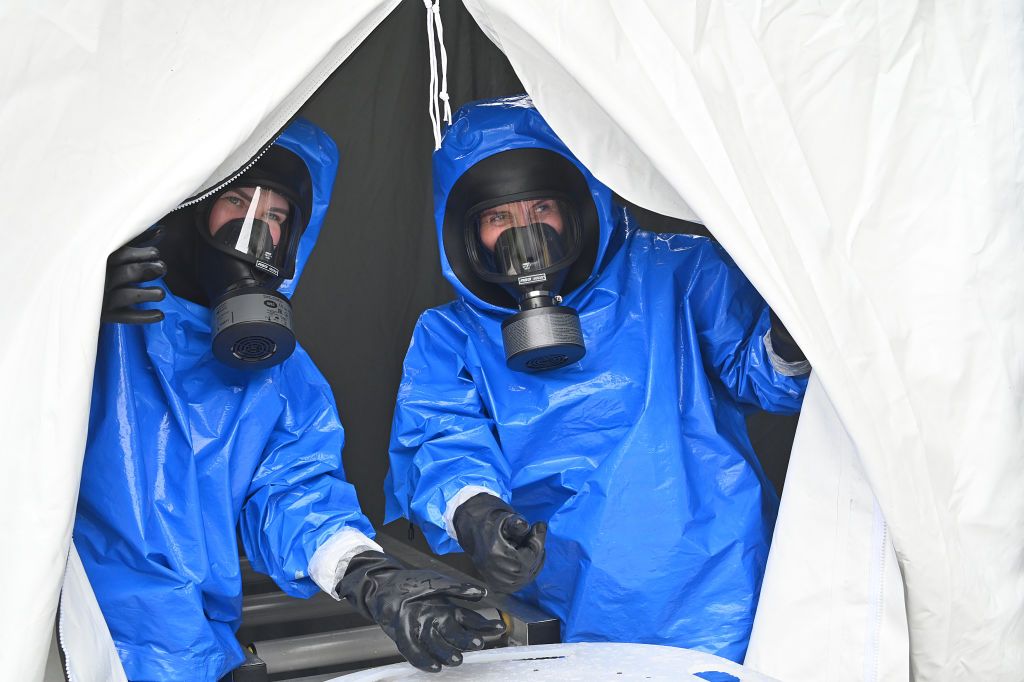The Wagner Group’s aborted rebellion in June, coupled with the protracted war in Ukraine, has renewed fears about the security of Russia’s nuclear arsenal. The risk of “loose nukes” or a vengeful leader going down with his finger on the trigger may seem far-fetched, but America must begin preparing for worst-case scenarios.
LOS ANGELES – Historically, Russia’s defeat in foreign wars, including the Russo-Japanese War of 1904-05, World War I, and the 1979-89 invasion of Afghanistan, has unleashed internal turmoil, ultimately leading to regime change. Russian President Vladimir Putin’s unprovoked attack on Ukraine has stoked fears of a repeat, but this time with a nuclear threat far exceeding that posed by the collapse of the Soviet Union.
The prospect is chilling. If the Ukraine debacle destroys Putin’s domestic legitimacy, how should the United States (and the wider world) respond to the risk of “loose nukes,” or a vengeful leader going down with his finger on the nuclear button?
The answer is not clear, but a potential path forward comes from an unexpected source: the U.S. State Department’s After Action Review on Afghanistan. Released in June, the unclassified version reflects on the lessons learned from the botched conclusion of the U.S. military mission in that country, providing a template for better crisis planning.
Of course, internal strife has long raised the specter of nuclear weapons falling into the wrong hands. As the USSR disintegrated, then-Secretary of State James Baker, mindful of the threat of inter-republic violence, feared that it might become “Yugoslavia with nukes.”

Indeed, in 1990, dissidents attempted to seize nuclear weapons near Baku. The following year, when the aborted coup against Mikhail Gorbachev separated the Soviet leader from the nuclear chain of command, authority fell to military personnel linked to the putschists. Moreover, such risks are not unique to Russia: in times of domestic upheaval, there have been attempts to commandeer nuclear weapons in French Algeria, China, and Pakistan.
That none of these efforts were successful reflects a combination of factors, from effective defenses to the restraint of various adversaries, and suggests that future political turmoil in Russia would not necessarily compromise the security of the world’s largest nuclear arsenal. In fact, the U.S. Defense Department’s most recent Nuclear Posture Review, from 2022, fails to mention the matter, as does the February 2023 Annual Threat Assessment of the U.S. Intelligence Community.
But the Wagner Group’s aborted rebellion in June renewed fears about the Russian arsenal’s vulnerabilities: the late Yevgeny Prigozhin’s mercenaries allegedly approached the Voronezh-45 nuclear facility. When asked, soon after the revolt, whether the U.S. is prepared for the fall of the Putin government, and whether Russia’s nuclear cache is secure, U.S. Secretary of State Antony Blinken responded, “We always prepare for every contingency. In terms of what happens in Russia, it’s an internal matter for the Russians to figure out.”
Leaving aside the vagueness of “every contingency,” consider three scenarios that could lead to nuclear conflict: a palace coup, a hostile takeover of a nuclear-weapons base, and nuclear suicide. The first is the least concerning. If Russia’s top military brass or security services stripped Putin of power and assumed control of strategic and tactical weapons, the nuclear status quo would likely survive. But any internal divisions could raise fears about intentions – and about command and control.

The chances of unauthorized actors – whether rogue military units, private armies, or dissatisfied members of ethnic minorities – capturing an intact nuclear weapon and detonating it are exceedingly low, but not zero. To do so would require breaching many layers of security, starting with the defense forces at nuclear sites.
Moreover, most tactical nuclear weapons, with the notable exception of gravity bombs, are unassembled and have digital locks that prevent detonation. Finally, while such weapons could be delivered by aircraft, truck, or boat, mounting them for missile delivery would require the cooperation of the Russian Ministry of Defense directorate that manages the country’s nuclear arsenal. But if these coordination challenges are overcome, the consequences could be catastrophic.
A Putin "Götterdämmerung," however, is the most worrying scenario. For years, Putin has lamented the Soviet Union’s demise, famously calling it “the greatest geopolitical catastrophe of the (twentieth) century,” and insists that Ukraine is part of the Russian “motherland.” If the Kremlin faced defeat in Ukraine or serious domestic unrest, would Putin and his cronies simply sit back and accept failure, or would they seek revenge, including nuclear retaliation, against the West?
Some may say that such scenarios are for screenwriters, not policymakers. But the twenty-first century has already produced a series of previously unimaginable events: the 9/11 attacks, the Arab Spring, the rise of ISIS, the return of World War I-style trench warfare to Europe, and, most recently, Hamas’s assault on Israel. Against this backdrop, the potential nuclear threat from Russia no longer seems implausible.

The main problem is the lack of policy tools to mitigate nuclear risks arising from another country’s internal upheaval. America’s one success in this regard, albeit for weapons of mass destruction more generally, was the elimination, by military intimidation, of most of Syria’s chemical weapons in 2013. This approach worked because the Syrian government was unable to retaliate, and the Kremlin was unwilling to challenge the U.S. on behalf of its ally. But today, one could imagine a wounded Russia reaching for the nuclear trigger if the U.S. issued a military threat.
American policymakers must therefore start from scratch. Fortunately, the State Department’s report on the country’s chaotic withdrawal from Afghanistan offers recommendations for improving crisis planning. The report calls for establishing “a red team capability to challenge underlying policy assumptions, especially those that impact contingency planning,” and aims to ensure that “senior officials hear the broadest possible range of views including those that challenge operating assumptions or question the wisdom of key policy decisions.” To build muscle memory, the president’s involvement in preparatory actions – for example, simulations – becomes imperative. Moreover, to prevent group-think, experienced outsiders, including NATO officials, must participate in preparing for future worst-case scenarios.
It would be naive to hope that the Russian government or U.S. diplomatic outreach would prevent nuclear war in the event of a serious threat to Putin’s political survival. The risk that Russia’s Ukraine misadventure could culminate in nuclear nihilism demands nothing less than a systemic review of America’s options.
Editor’s Note: Copyright, Project Syndicate. This article was published by Project Syndicate on Nov. 10, 2023, and has been republished by the Kyiv Independent with permission. The opinions expressed in the op-ed section are those of the authors and do not purport to reflect the views of the Kyiv Independent.














